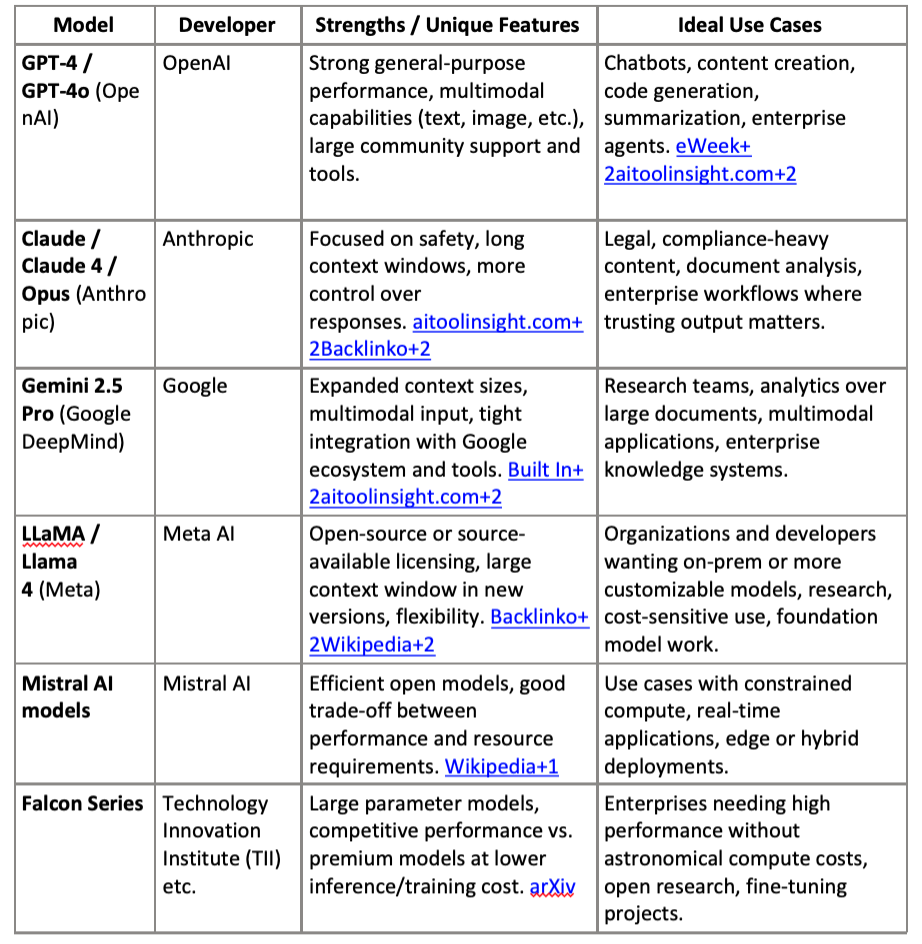How AI Can Be Leveraged In Quality Assurance
- Ken Eng
- Nov 22, 2024
- 2 min read
Quality assurance (QA) can leverage AI in various ways to enhance and streamline its processes. AI technologies can significantly improve the efficiency, accuracy, and effectiveness of QA activities. Here are some ways in which quality assurance can benefit from AI:
Automated Testing: AI can be used to create and execute automated test scripts. AI-powered testing frameworks can quickly analyze software applications, identify bugs, and conduct regression testing efficiently. This can save time and effort compared to manual testing.
Intelligent Test Case Generation: AI can help generate test cases automatically based on the analysis of requirements, code, and historical test data. This can improve test coverage and identify edge cases that may be overlooked in manual test case creation.
Defect Prediction: AI can be used to analyze historical defect data and predict potential defects in new software releases. By identifying high-risk areas, QA teams can focus their efforts on critical parts of the application.
Performance Testing: AI can simulate thousands of virtual users to conduct load testing and stress testing. This helps assess how well an application performs under different conditions and ensures it can handle real-world traffic.
Natural Language Processing (NLP) for Test Analysis: AI-driven NLP techniques can be employed to analyze documentation, user feedback, and defect reports, making it easier to extract valuable insights and identify recurring issues.
Image and Video Analysis: For applications involving multimedia content, AI can be used to perform image and video analysis to ensure the visual quality and integrity of the content.
Sentiment Analysis: AI can be applied to analyze user sentiment and feedback, helping QA teams understand user satisfaction and identifying potential areas for improvement.
Data Validation: AI can verify data integrity and consistency across various data sources, databases, or data entry forms.
Predictive Maintenance: In the context of hardware and equipment testing, AI can predict maintenance needs and identify potential failures before they occur, improving overall system reliability.
Robotic Process Automation (RPA): RPA, which is a form of AI, can be used to automate repetitive manual tasks in the QA process, freeing up QA professionals to focus on more strategic and creative aspects of their work.
Continuous Testing and Integration: AI can be integrated into the continuous testing and continuous integration process, allowing for faster and more frequent testing, which facilitates rapid software development and deployment cycles.
Anomaly Detection: AI can help in identifying abnormal patterns in system behavior or user interactions, which may indicate potential security threats or quality issues.
Incorporating AI into the quality assurance process can lead to more accurate and efficient testing, reduced testing time, improved software quality, and ultimately, higher customer satisfaction. However, it's essential to ensure that the AI systems are well-designed, thoroughly tested, and continuously monitored to avoid introducing new sources of errors or biases into the QA process.






Comments